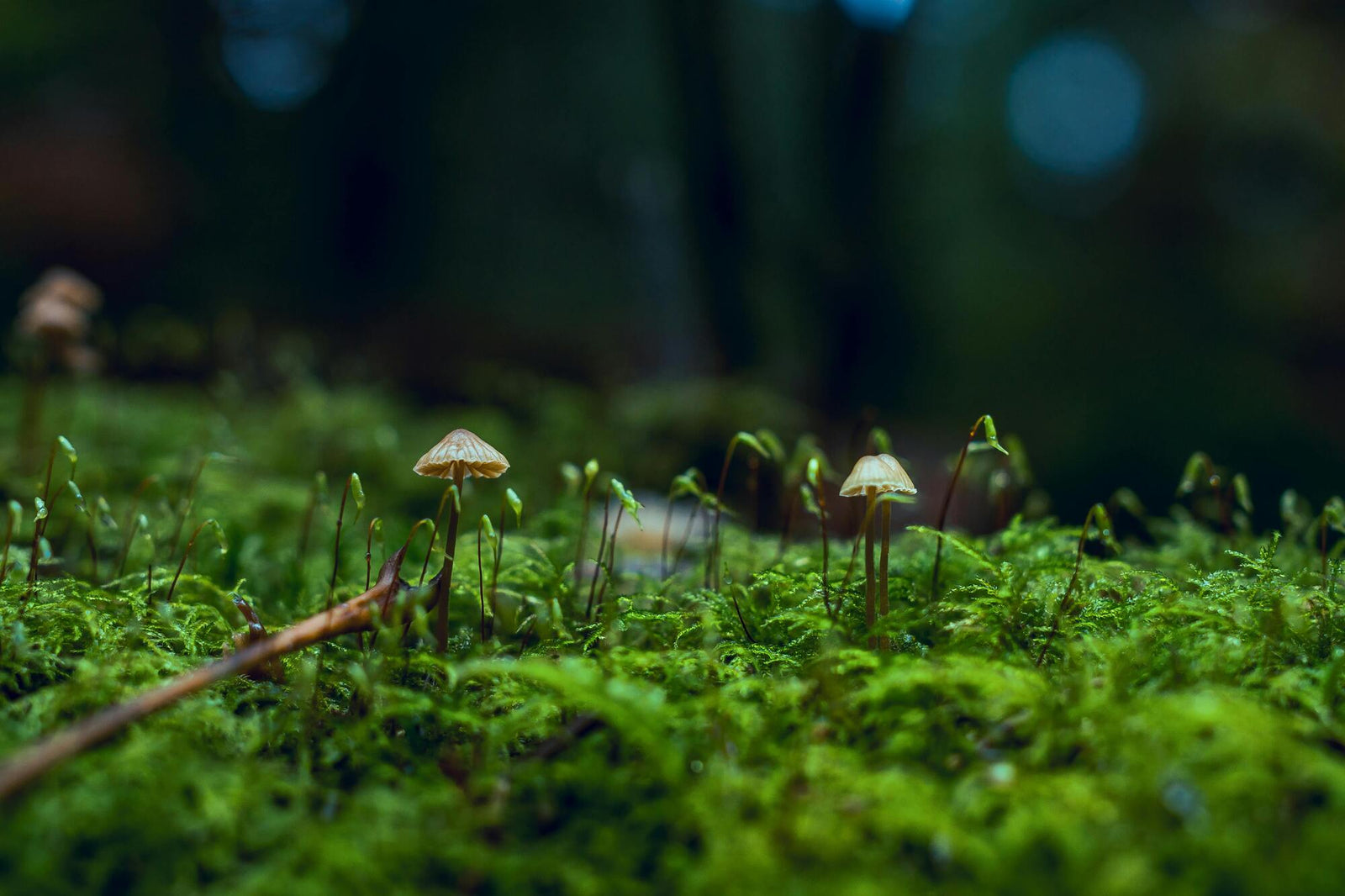Your Cart is Empty

August 02, 2021 5 min read
Blood flow can be tricky. We need it to circulate freely throughout the body and supply our body's cells with oxygen and nutrients. At the same time, we need it to stop spewing once we get a cut or other injury. Blood clots are the "shut-off valves" of wounds. However, an unwanted or unnecessary clot can travel and cause major complications throughout the body, essentially stopping blood flow internally.

Normally, blood platelets bind together with proteins to form the plug. After the damaged tissue heals, the clot is no longer needed and the clot dissolves. Blood "knows" to begin clotting when it is exposed to certain substances in the skin or in blood vessel walls; this signals that the skin or blood vessel is broken and a clot is needed to stop the bleeding. These are the types of small-scale, regulated clots we need in order to prevent excessive bleeding. However, many of the same substances that trigger blood clotting can also be found in waxy cholesterol plaques that form within arteries (usually due to heart disease). When these plaques burst, it often causes heart attacks and strokes. Although rare, certain vaccines can erroneously activate the immune system to form blood platelets and begin clotting because the body believes they are needed to protect against pathogens. These are the "bad" clots that we want to avoid.

The amount of vitamin K in the body may influence blood coagulation. The body needs vitamin K to produce prothrombin, a clotting factor that prevents excessive bleeding. It is a necessary fat-soluble vitamin, and there is more than one form of vitamin K. Vitamin K1 or phylloquinone is derived from plants. It can be found in various micrograms (mcg) in food sources like collards, soybeans, green leafy vegetables, vegetable oils, brussels sprouts, natto, and turnip greens. Vitamin K2 or menaquinone, on the other hand, can be found in some organ meats and fermented foods and is harder to come by, especially in vegan diets. Since the sources of vitamin K1 are largely vegetable-based, an adequate intake of vitamin K1 can mostly be found in your diet. Most Americans are not at risk of a vitamin-K deficiency. However, newborn babies and those with a malabsorption problem due to cystic fibrosis, celiac disease, or ulcerative colitis may benefit from vitamin K supplements. Don't worry, consuming these vitamin K rich foods isn’t going to immediately cause blood clots. However, vitamin K supplements may interact with other common blood-thinning medications, including blood-thinners.
So how do we balance between necessary blood coagulation and harmful clots? Diet and medication, supported with medical advice from a trusted health professional of course, is a good starting place.
Blood thinners can help prevent blood clots in one of two ways. Firstly, anticoagulants work by counteracting vitamin K's blood clotting factors in the liver. Warfarin (Coumadin) is a common anticoagulant. Alternatively, you may be prescribed blood thinners or antiplatelets which prevent platelets from sticking to each other and to the walls of blood vessels to form a clot. Antiplatelets are less powerful than anticoagulants and are often used to prevent rather than treat blood clots. Since blood coagulation is so important and vitamin K deficiencies are rare, blood thinners are typically only prescribed to those who have heart or blood vessel diseases, an irregular heart rhythm, lupus, or deep vein thrombosis. Obesity, artificial heart valves, and some surgical procedures can also increase the risk of blood clots.
If you're looking for a more natural way to reduce the likelihood of blood clotting due to heart disease or any other reason, you can also ask your doctor if any of the dietary supplements or ingredients listed below are right for you:
Take our quiz and find which supplements your body is craving.




Before you add any of the supplements to your diet, consult your doctor. These supplements and vitamins are not meant to replace blood thinners or other medications. Instead, they may help to support healthy blood flow throughout the body to prevent future clotting.
Blood "knows" to begin clotting when it is exposed to certain substances in the skin or in blood vessel walls; this signals that the skin or blood vessel is broken and a clot is needed to stop the bleeding.
The body needs vitamin K to produce prothrombin, a clotting factor that prevents excessive bleeding.
Dong quai, a Chinese herb, is known to contain coumarin, the same blood-thinning ingredient used in Warfarin, a prescription blood thinner.
On top of its anti-inflammatory properties, studies suggest daily supplementation of turmeric (or curcumin) may help maintain the blood's anticoagulant status.

March 20, 2025 8 min read
Discover the benefits of creatine for women with Amandean’s Creatine HCI. Improve strength, energy, recovery, and cognitive function with this high-absorption formula. Its advanced HCl form ensures easy digestion and no bloating, providing all the benefits without the drawbacks. Elevate your fitness journey and overall wellness with a supplement designed for women’s unique needs.

March 03, 2025 7 min read
Discover how Bryan Johnson, a tech entrepreneur turned biohacker, uses cutting-edge science and personalized genetic testing to revolutionize health and longevity. Learn how biohacking, from diet to mental health practices, can help you live longer and healthier, with practical strategies to optimize your well-being. Find out more about genetic testing, and ways to implement results into your wellness routine.

February 19, 2025 6 min read
Explore the remarkable health benefits of medicinal mushrooms like Lion’s Mane, Turkey Tail, Chaga, and Reishi. These superplants support immune function, reduce inflammation, and boost brain health. Learn about Amandean's Brain Health supplement, combining Lion’s Mane, Magtein, and Alpha-GPC for optimal cognitive performance.